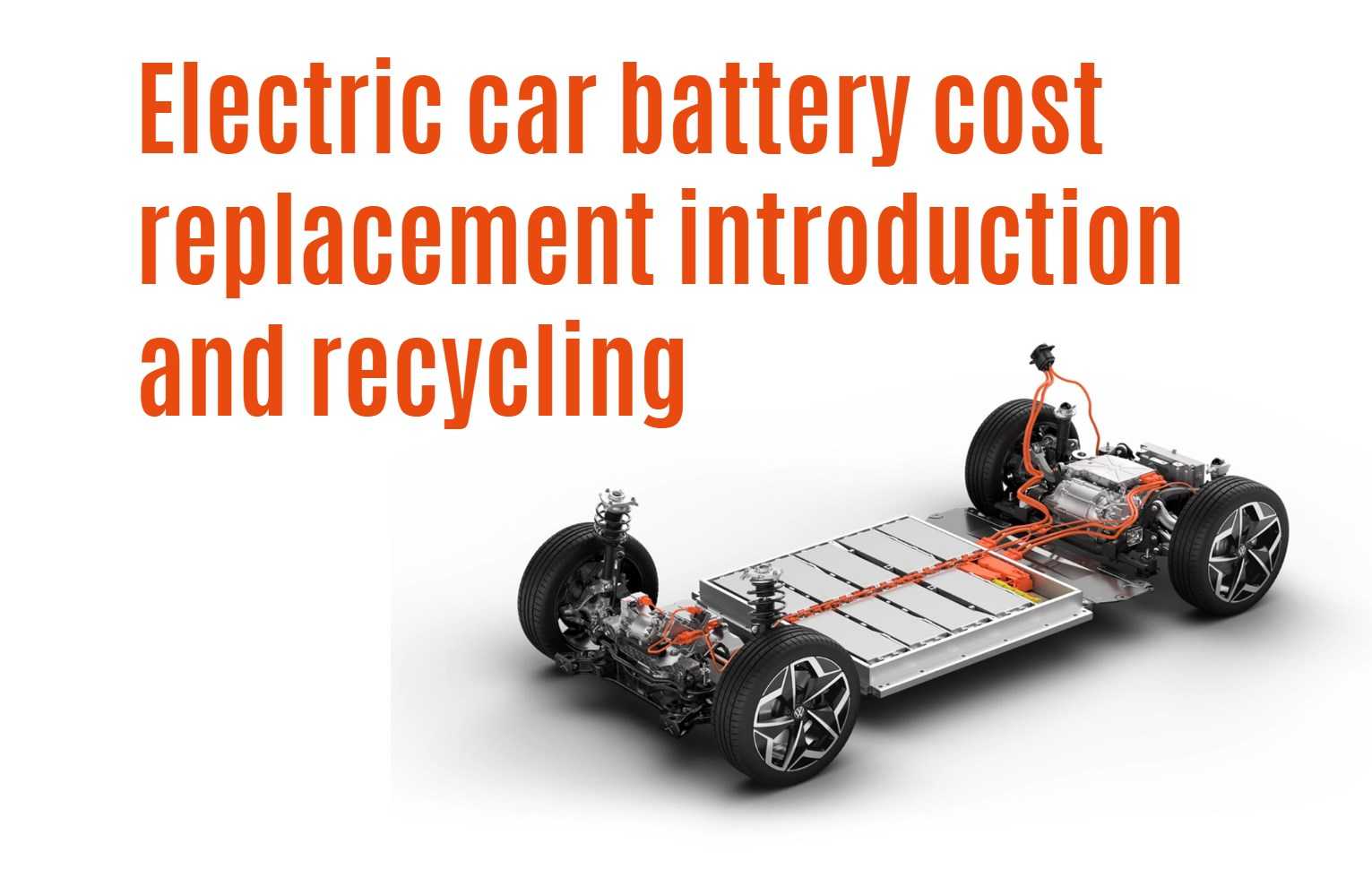As electric vehicles (EVs) become increasingly popular, understanding the dynamics of electric car batteries is essential. Redway, a leading custom power storage wall manufacturer, sheds light on how long these batteries last, replacement considerations, and the importance of recycling for a sustainable future.
How Long Do Electric Car Batteries Last?
Lithium-ion batteries, the backbone of EVs, are designed for extended life. However, battery degradation occurs over time, affecting energy capacity, range, and overall efficiency. Redway assures that modern EV batteries can often last more than a decade before replacement is needed. Environmental factors and usage patterns play significant roles in determining battery longevity.
Battery Degradation and Maintenance
Factors such as temperature, charging habits, and usage affect battery degradation. Redway recommends maintaining optimal charging levels (between 60% and 80%), minimizing fast charging, and avoiding extreme temperatures for peak performance and prolonged battery life.
Wholesale lithium golf cart batteries with 10-year life? Check here.
EV Battery Warranty
Automakers typically offer 8 to 10-year warranties for EV batteries, with a minimum federal regulation of eight years. Some warranties cover capacity drops below specified thresholds. It’s crucial to understand warranty terms and exclusions to manage potential repair costs effectively.
Hybrid Car Batteries
Redway highlights that hybrid car batteries, similar to EV batteries, can last a vehicle’s lifetime, often exceeding 100,000 to 150,000 miles. Many automakers offer extended warranties, providing assurance to hybrid vehicle owners.
Want OEM lithium forklift batteries at wholesale prices? Check here.
Battery Recycling: A Vital Endeavor
Redway emphasizes that proper disposal and recycling of EV and hybrid batteries are essential for a sustainable future. Recycling not only preserves the environment but also extracts valuable materials, reducing the need for mining new resources.
Types of Energy Storage Systems
Understanding battery types is crucial. Redway explains that lithium-ion, nickel-metal hydride, and lead-acid batteries are the primary energy storage systems in EVs, each with its advantages and challenges.
Recycling Methods
Redway details recycling methods, including smelting and direct recovery, which recover materials and reduce environmental impact. Battery design considerations for easier disassembly and recycling are essential for a sustainable EV ecosystem.
In summary, Redway stresses the importance of responsible battery usage, proper recycling methods, and ongoing research and development to enhance battery technologies. By adopting sustainable practices, we can contribute to a cleaner and greener future.








